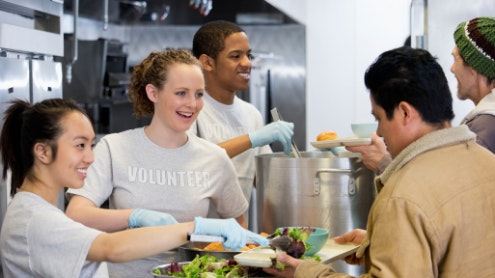Homepage
•
Learning Library
•
Blog
•
11 Student Projects That Promote Social Justice and Digital Citizenship
Expand breadcrumbs
Expand breadcrumbs
- Learning Library
- Blog
- 11 Student Projects That Promote Social Justice and Digital Citizenship
- Homepage
- •
- Learning Library
- •
- Blog
- •
- 11 Student Projects That Promote Social Justice and Digital Citizenship
11 Student Projects That Promote Social Justice and Digital Citizenship
By Jennifer Snelling
February 14, 2021








